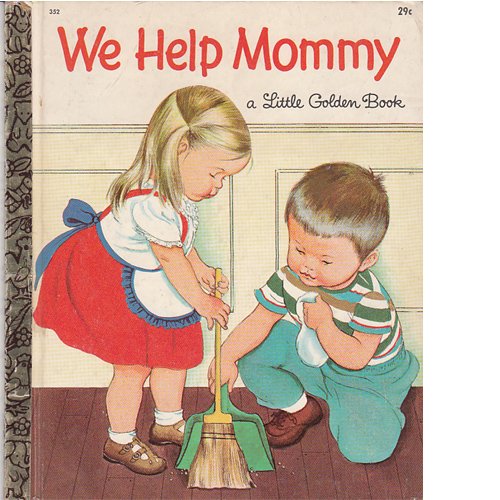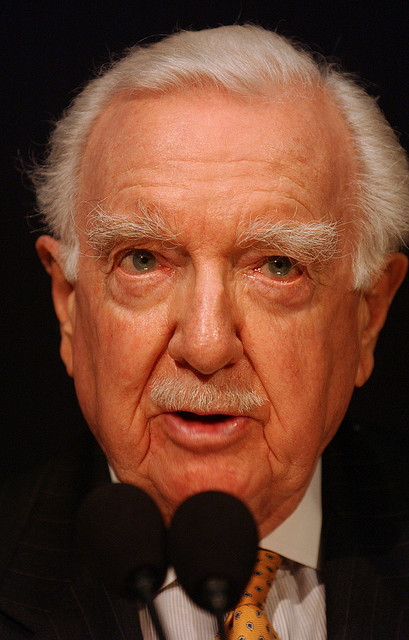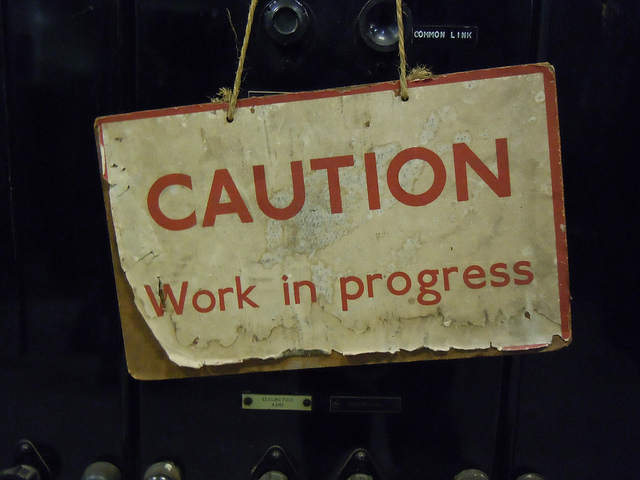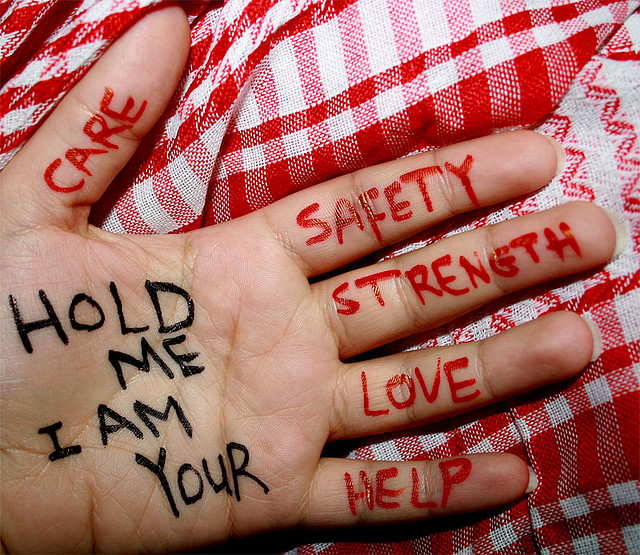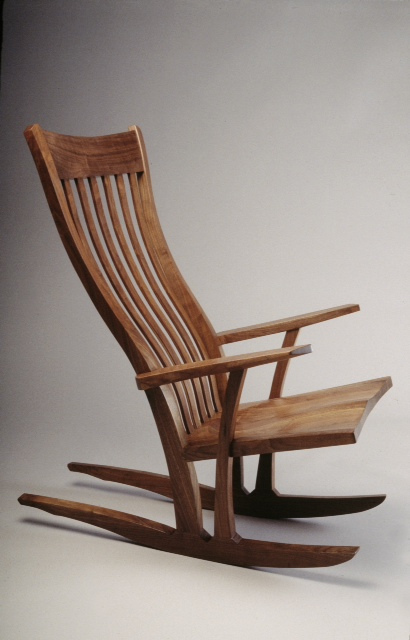“Those who are touched by an inspirational idea and allow it to take charge and dominate their thoughts find new vistas open to them.”
-Author Unknown
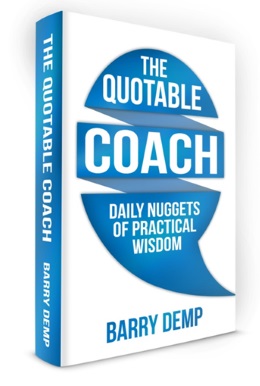
I had an inspirational thought almost three years ago. The idea was to combine my love of coaching and making a difference in people’s lives with my love of provocative and engaging quotes that provide wisdom in small and easy to digest nuggets.
As I write this post, that idea has generated over 600 Quotable Coach posts (this is #632), gained a worldwide readership of over 1,200 daily subscribers, and a new book launched in the summer of 2014.
EXERCISE
What inspirational ideas can you pursue today to mobilize your efforts and have new vistas open up for you?
Consider joining me in paying forward the nuggets of wisdom you find most helpful in any of the following ways:
- Share the free Quotable Coach blog with those you care about in your professional or personal life. Make sure to review the category list for those you find have the greatest impact.
- Consider printing out and occasionally displaying highly relevant quotes, reflections, and exercises for others within your personal or professional communities to ponder.
- Consider purchasing a paperback copy of The Quotable Coach for yourself, or perhaps as a gift to others for the coming holiday season. Some readers use it as a coffee table or dinner table conversation starter.

